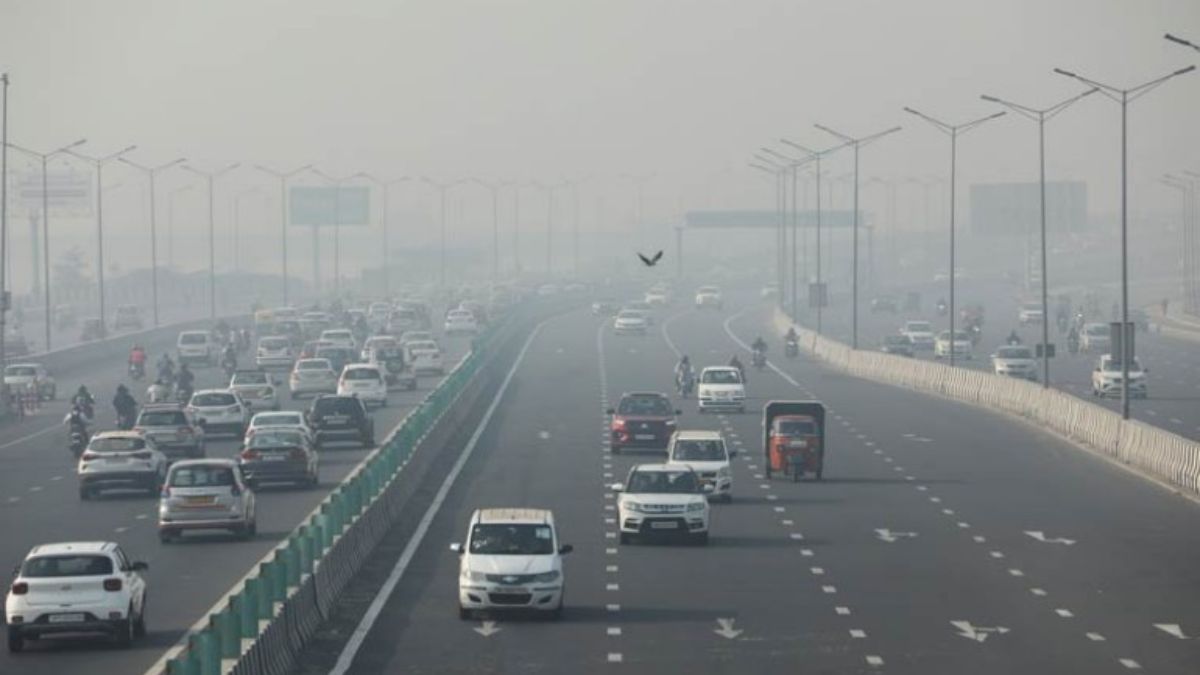‘Arbitrary, unscientific’: Delhi Government moves Supreme Court to review 2018 age-based vehicle ban
 Pollution in Delhi (Representative file image) | REUTERS
Pollution in Delhi (Representative file image) | REUTERS
The Delhi Government has moved the Supreme Court seeking a review of its 2018 order that imposed a ban on diesel vehicles older than 10 years and petrol vehicles older than 15 years in the National Capital Region (NCR), citing a lack of scientific rationale behind the measure.
In the application filed, the government contended that the blanket ban was not backed by any environmental impact study or data-based assessment. It argued that the directive overlooked key pollution mitigation developments introduced in recent years.
The application highlights the implementation of more stringent emission norms and regulatory frameworks since the 2018 ruling. Specifically, it notes that the Bharat Stage-VI (BS-VI) emission standards, which significantly reduce vehicular pollution, were made mandatory in 2020, two years after the court’s order.
It also pointed to the wider rollout of the Pollution Under Control (PUC) certification system and greater uptake of cleaner fuels and electric vehicles.
“BS-VI engines are significantly less polluting,” the government submitted, adding that continuing with the blanket age-based ban would result in the premature phasing out of roadworthy, low-emission vehicles. “If the order of this Hon’ble Court dated 29.10.2018 continues to operate, it will result in roadworthy, non-polluting BS-VI vehicles also going off the roads in a matter of a few years without a scientific basis.”
The government said that many such vehicles contribute minimally to pollution, especially when their annual mileage is low, and yet are being needlessly pushed off the roads.
The petition also underscored the socioeconomic implications of the ban. It argued that the ruling has adversely impacted the second-hand vehicle market, often the only accessible option for economically weaker sections and lower-middle-income families. Many of these vehicles, while older, are still compliant with current emission norms, the application said.
Terming the existing rule an arbitrary age cut-off, the Delhi government has asked the top court to reconsider its 2018 ruling and adopt a more evidence-based approach to vehicular emissions control.
It has also urged the Court to direct the Union Ministry of Road Transport and Highways and the Commission for Air Quality Management (CAQM) to conduct a comprehensive scientific study on the actual environmental benefit of imposing a vehicle age limit, the fairness and feasibility of a blanket ban across vehicle types and technologies and the comparative effectiveness of age-based bans versus emissions-based regulations.
The application has cited |international practices, pointing out that countries such as Japan, the European Union, and the United States do not enforce vehicle bans based solely on age. Instead, they rely on emissions testing, regular maintenance protocols, and scrappage incentives to regulate pollution without unduly burdening vehicle owners.
A bench headed by Chief Justice of India B.R. Gavai is likely to take up this plea on July 28.
India